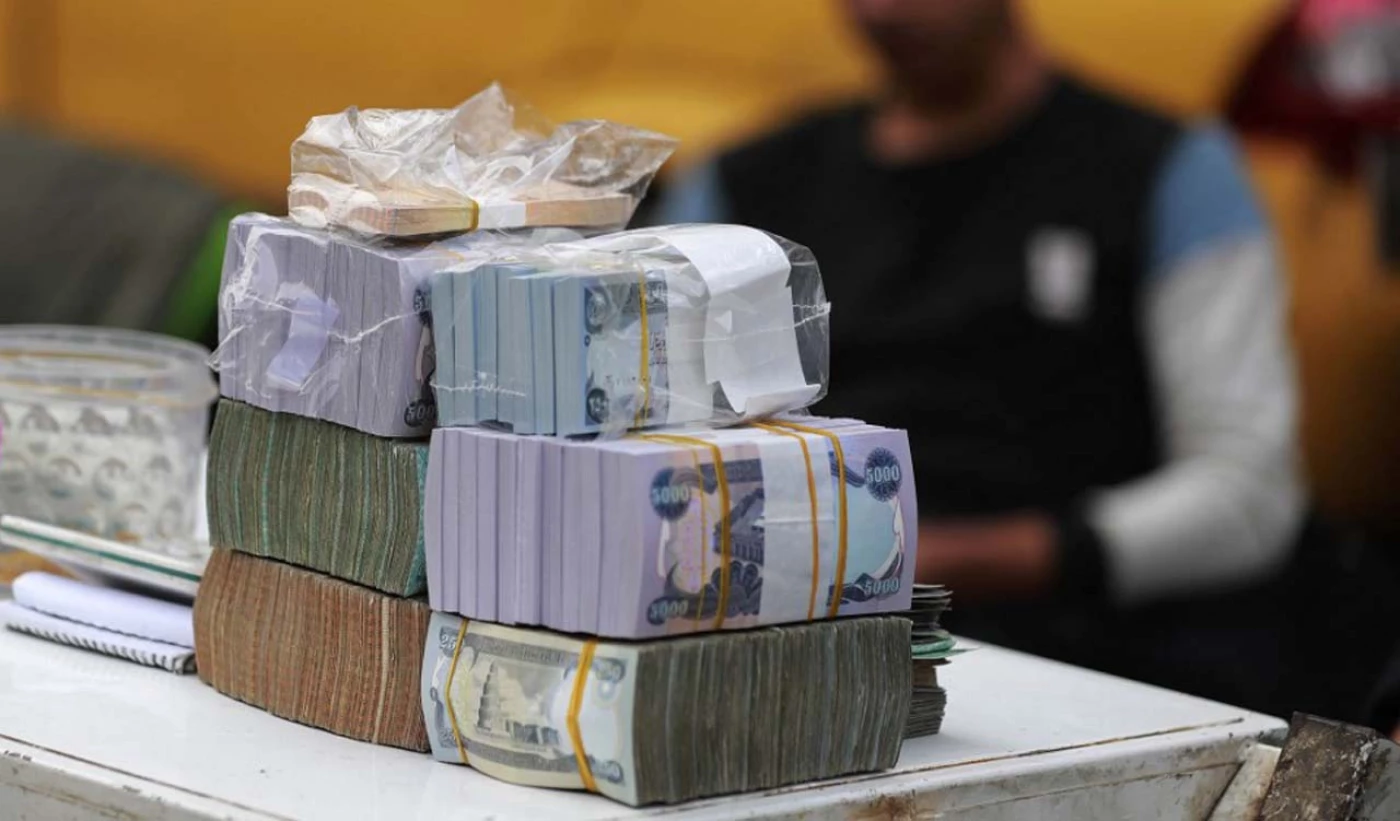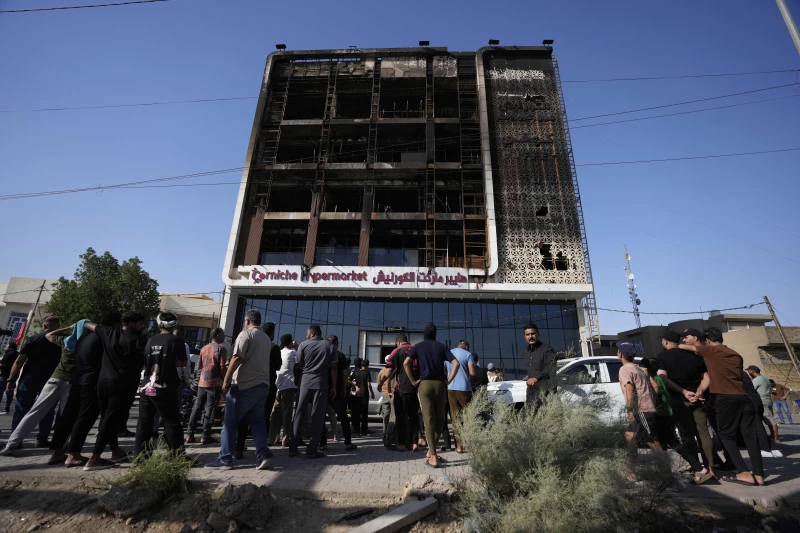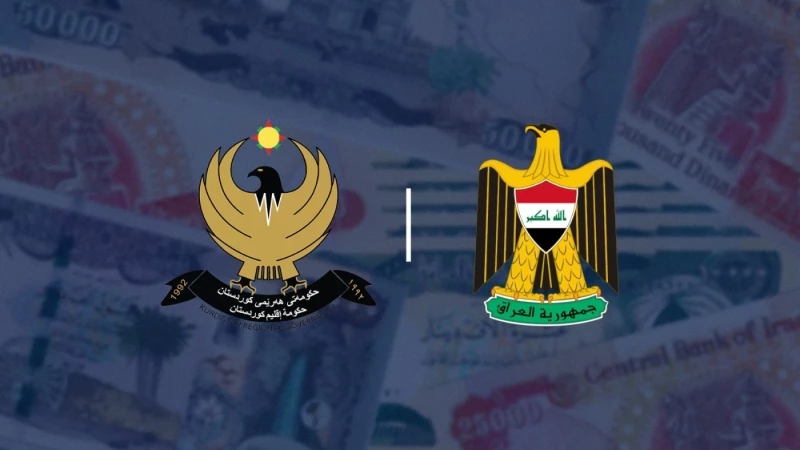ERBIL, Kurdistan Region of Iraq - The head of Iraq’s parliamentary legal committee said on Sunday that Finance Minister Taif Sami’s decision to stop salary payments to employees in the Kurdistan Region is “illegal” and violates the constitution, while adding that the Kurdistan Regional Government (KRG) has multiple options for response.
In a letter addressed to the KRG on Wednesday, Iraqi Finance Minister Taif Sami said that they are “unable to continue funding the Region.”
The letter argued that the Region has exceeded its 12.67 percent of the annual budget, totaling 13.5 trillion dinars. Sami claimed that from 2023 until April 2025, the Kurdistan Region had handed over only 598.5 billion dinars out of its total combined oil and non-oil revenues of 19.9 trillion dinars.
Rebwar Hadi, head of Iraq’s parliamentary legal committee, told The New Region that Minister Sami’s letter addressed three main points: oil production, oil exports, and salary payments through federal banks.
Hadi criticized the demand to confine salary payments solely through banks in Baghdad.
“The oil in Kurdistan is part of Iraq’s oil, and the banks here are part of Iraq’s system. Why do they not recognize the KRG’s banking system?” he asked. “This is why we believe the minister’s letter is unconstitutional.”
If Baghdad persists in blocking funding and pressuring the Region, Hadi said that the KRG might seek assistance from the international community and international courts to help resolve the conflict.
“We could follow a plan like the old ‘oil for food’ program to ensure people in Kurdistan receive what they are owed,” he said. “We are part of Iraq, and the Kurdish people are part of the Iraqi people. We should run the country together.”
Earlier on Sunday, the Federal Supreme Court in Iraq announced it received a lawsuit from employees in the Kurdistan Region. The lawsuit requests that the court compel the federal government to continue paying salaries as mandated by a previous ruling made in February 2024.
The court stated that the lawsuit, filed under case number 104/Federal/2025, demands that the Ministry of Finance adhere to its earlier decision. This decision instructed both the federal and Kurdish prime ministers to localize salaries for all employees, retirees, and social support recipients in federal banks operating outside the Kurdistan Region. These payments would derive from the KRG’s share of the national budget. The court indicated that it will issue a decision on the new lawsuit soon.
The court had previously ruled that employee salaries must not be manipulated for political reasons.
“That ruling is clear and does not need more explanation,” said Hadi, encouraging the KRG to file a formal complaint if necessary.
Hadi warned that if the government fails to comply with the court’s future order, officials could face penalties under Iraq’s penal code.
“If they break the law, Article 329 says officials can go to jail for disobeying court rulings,” he said, explaining that the parliament also has mechanisms to hold officials accountable.
Oil exports
Concerning oil exports, Hadi indicated that they are currently on hold, noting that the KRG had signed contracts with oil companies to produce and export oil. The Iraqi government challenged those contracts in court, but the court ruled they were legal and constitutional.
Hadi pointed out that the constitution grants the Kurdistan Region the right to manage oil fields discovered after 2003.
“Article 112 says the federal government and regions should work together on oil policy, but the KRG manages the fields and production,” he explained.
“Once the Court of Cassation approves them, no one can rechallenge them,” he said.
“The dispute now is between the Iraqi government and the oil companies, not with the Kurdistan Region,” Hadi said, adding that this disproves one of the minister’s claims for cutting salaries.
“It is the Iraqi government that is stopping oil exports, not the KRG,” he added.
Hadi also noted that the KRG could resume oil exports through Turkey, as it had done in the past. Another possibility might involve strengthening relations with Syria, where a new government could present economic opportunities after the fall of President Bashar al-Assad and the lifting of international sanctions, he suggested.


 Facebook
Facebook
 LinkedIn
LinkedIn
 Telegram
Telegram
 X
X



